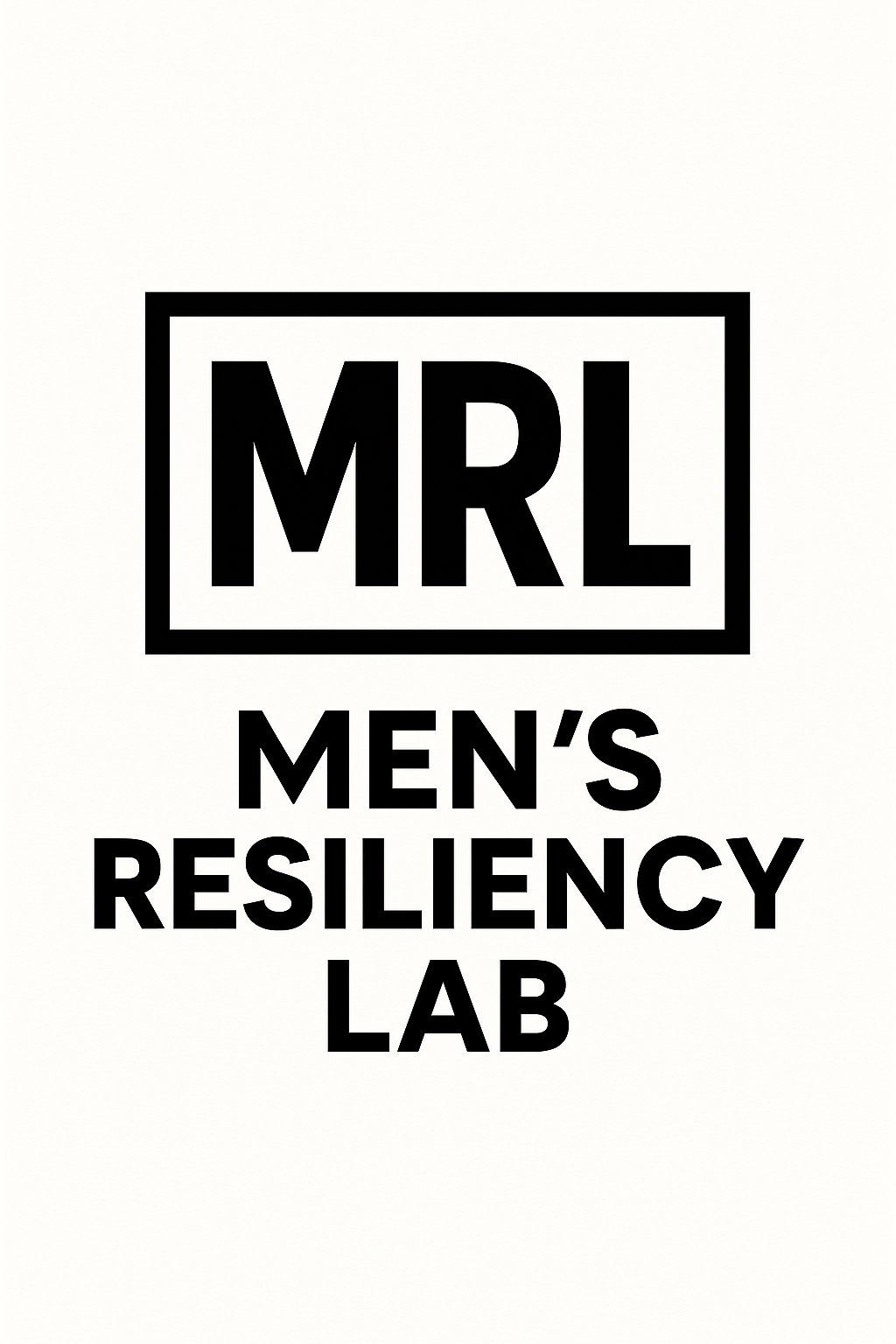Anxious Thinking vs. Generalized Anxiety Disorder: Understanding the Difference
We all feel that pressure of stress or overwhelm at times. Like after an awkward conversation, before an important event, where you are expected to perform at a very high level, whether that’s a big meeting or before a big game. I was a wrestler in high school and the anxiety of knowing everything was on me was something I had to learn to manage. Our minds naturally imagine what could go wrong [are brains are wired that way for survival]. This is anxious thinking, and it usually passes once the situation resolves.
Generalized Anxiety Disorder (GAD) is different. It’s not just “worrying too much”—it’s a persistent pattern of ridiculous anxiety about everyday situations, even when there’s no immediate threat. With GAD, worry feels hard to control, happens too much, and often comes with physical symptoms like restlessness, muscle tension, or trouble sleeping.
One reason anxiety becomes so sticky is thought distortions - basically thoughts that there is a good chance are not true, but feel that way which makes things feel like issues are under a microscope zoomed in to the highest intensity.. Examples include:
Catastrophizing – Jumping to the worst-case scenario (“If I mess up this report, I’ll lose my job and never recover.”)
All-or-Nothing Thinking – Seeing situations as entirely good or bad (“If I’m not perfect, I’m a failure.”)
Fortune-Telling – Predicting a negative outcome without evidence (“I just know something bad will happen on this trip.”)
Mind-Reading – Assuming you know what others think (“They must think I’m incompetent.”)
These distortions fuel both everyday anxious thoughts and GAD—but in GAD, they run on repeat, and feel powerful and out of control. Sometimes you hear this described as racing thoughts [stay tuned in for more about racing thoughts in another blog post].
The good news? With awareness, you can challenge these thinking patterns and reduce their power. I will tell you this, if you struggle with perfectionism, it may feel like your anxiety is on PEDs!
If you’re wondering whether your anxiety might be more than “just stress,” I’ve created an Anxiety Self-Evaluation Tool you can download. It’s designed to help you reflect on your symptoms and identify patterns worth addressing.

